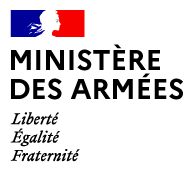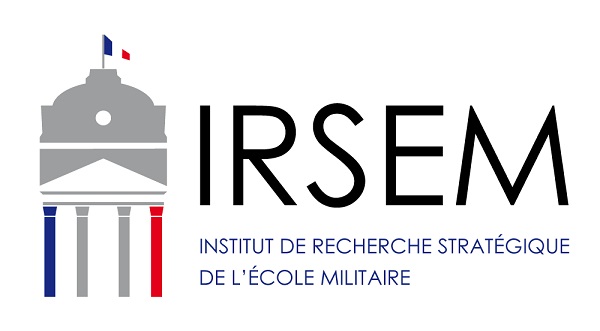Since the 11th of April 2019 and the overthrow of Omar al-Bashir, Sudan has been engaged in an uncertain and complex political process. Among the many questions that arise, one dominates, that is the nature and extent of current developments. Is there real regime change or simply a transformation of the system to survive the crisis? In order to answer this question, it is necessary to examine the security apparatus since it has taken over the reins of power. The army has emerged as the central actor in this transition along with civilian opposition. This paper analyzes the structure, history and evolution of this apparatus since 1989. During thirty years of authoritarian Islamist power, a policy of counterbalancing was implemented, resulting in the fragmentation and multiplication of security agencies. This policy partly explains the course of the coup and subsequent events, while also presenting specific challenges for the transition in the short and long term, in particular the management of multiple armed actors that may hinder it.
Download Research Paper No. 78 - (Translation)



